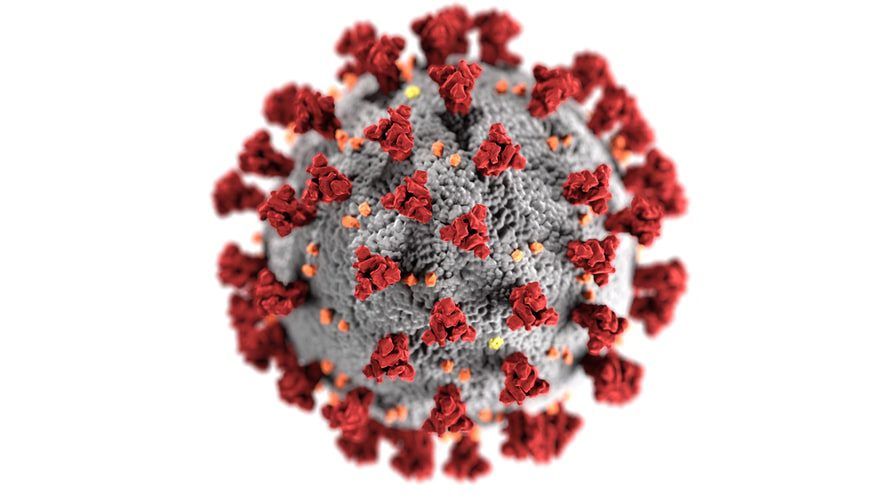The Mu variant originated in Colombia at the beginning of 2021, and it has now been identified in over 42 countries. The WHO classified the B.1.621 as a variant of interest, but it could potentially become a variant of concern, much like the Delta strain. According to recent studies, infections with the Mu strain have decreased in the U.S, where the Delta variant remains predominant.
Because the Delta variant remains the most aggressive and highly contagious strain, experts believe it is difficult to determine how other variants, including the Mu strain, would have developed in the absence of Delta. The Delta variant has been detected in over 170 countries, while Alpha has been detected in over 193 countries.
EU Agency believes the Mu strain could become a variant of concern
The European Medicines Agency (EMA) confirmed that the Mu variant and four others are currently being monitored, as they have the potential to become variants of concern. In Colombia, the Mu variant has a presence of 39%, while in other countries, it is only 0.1%. Articles mention that the Mu variant could become a variant of concern because lab studies showed it has a better potential of avoiding the immune system and, thus, infecting healthy cells. However, it is not as good at this as the Delta variant.
Characteristics of the Mu variant
A study determined that the emerging B.1.621 variant has eight mutations inside its spike protein, much like the Delta, Alpha, Beta, and Gamma strains. Two of the eight mutations, the E484K and N501Y, are the ones responsible for helping the virus escape the antibodies given after vaccination with mRNA Covid-19 vaccines. Another study found that the Mu variant is even twice more transmissible than the original virus from Wuhan.












Leave a Reply